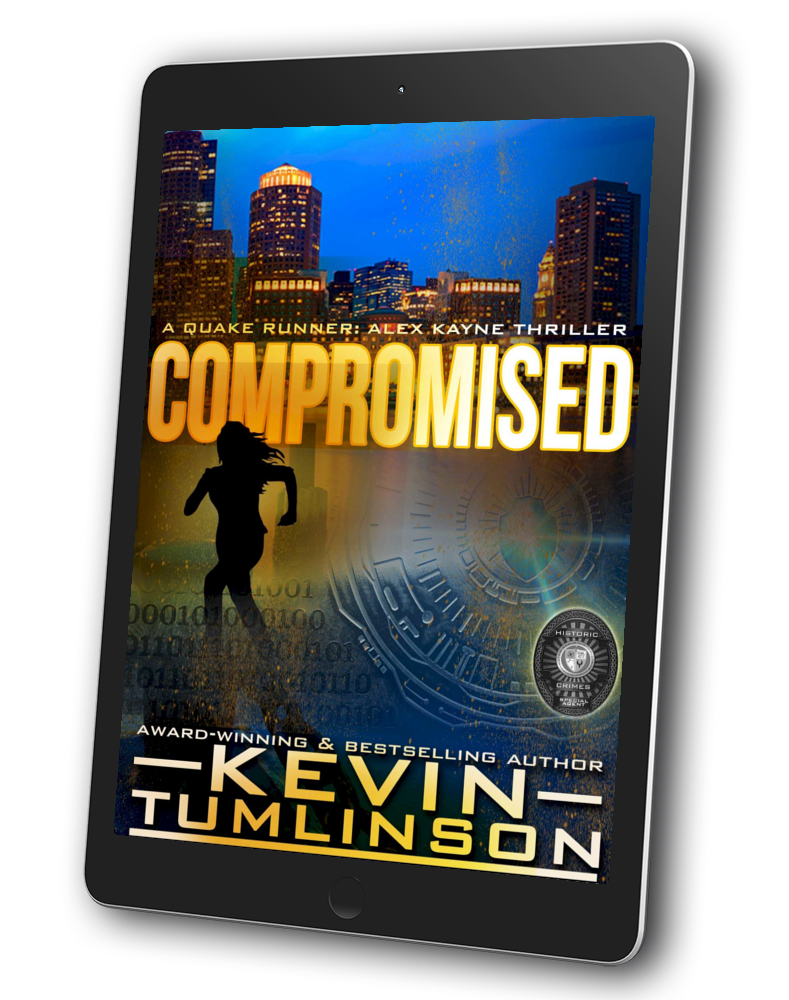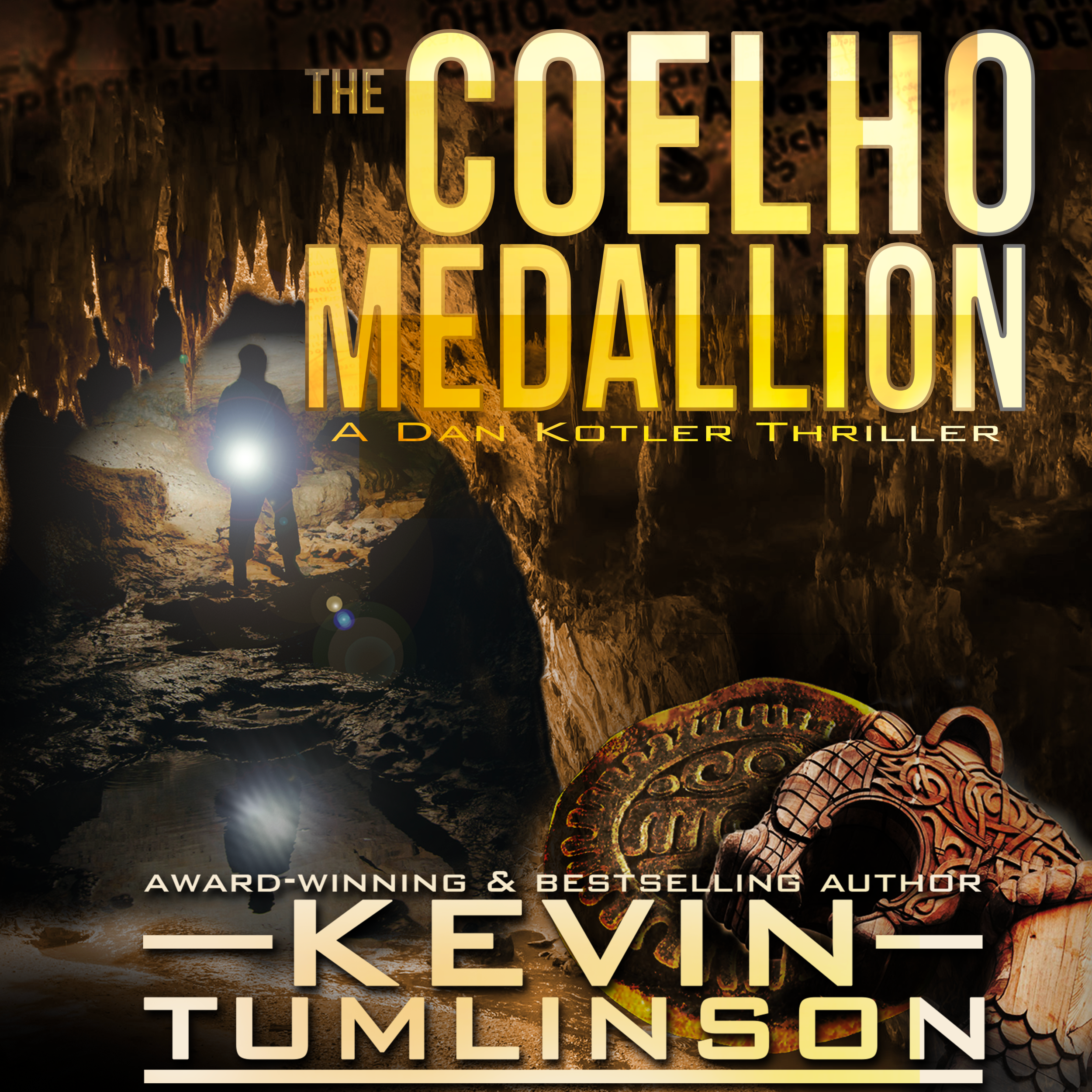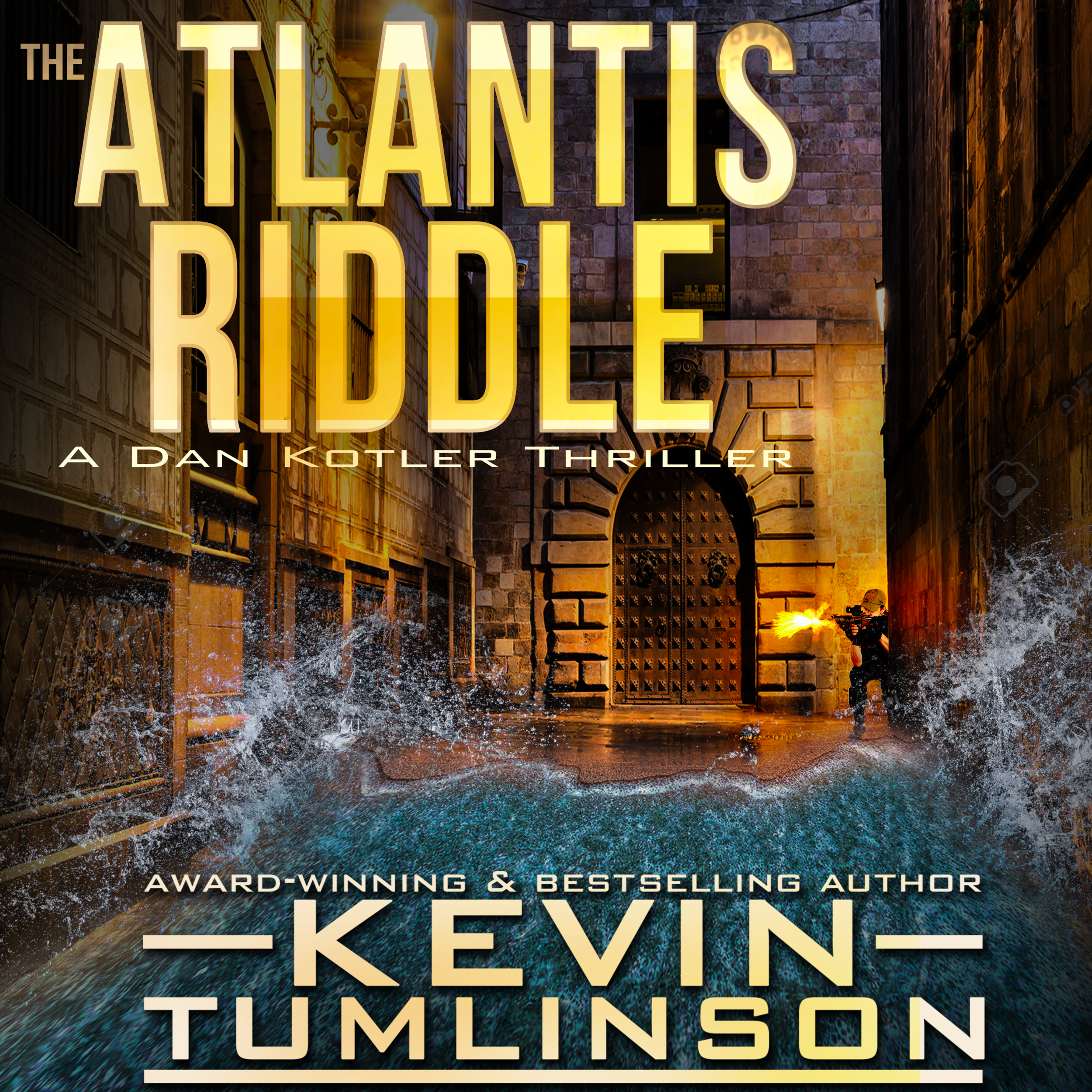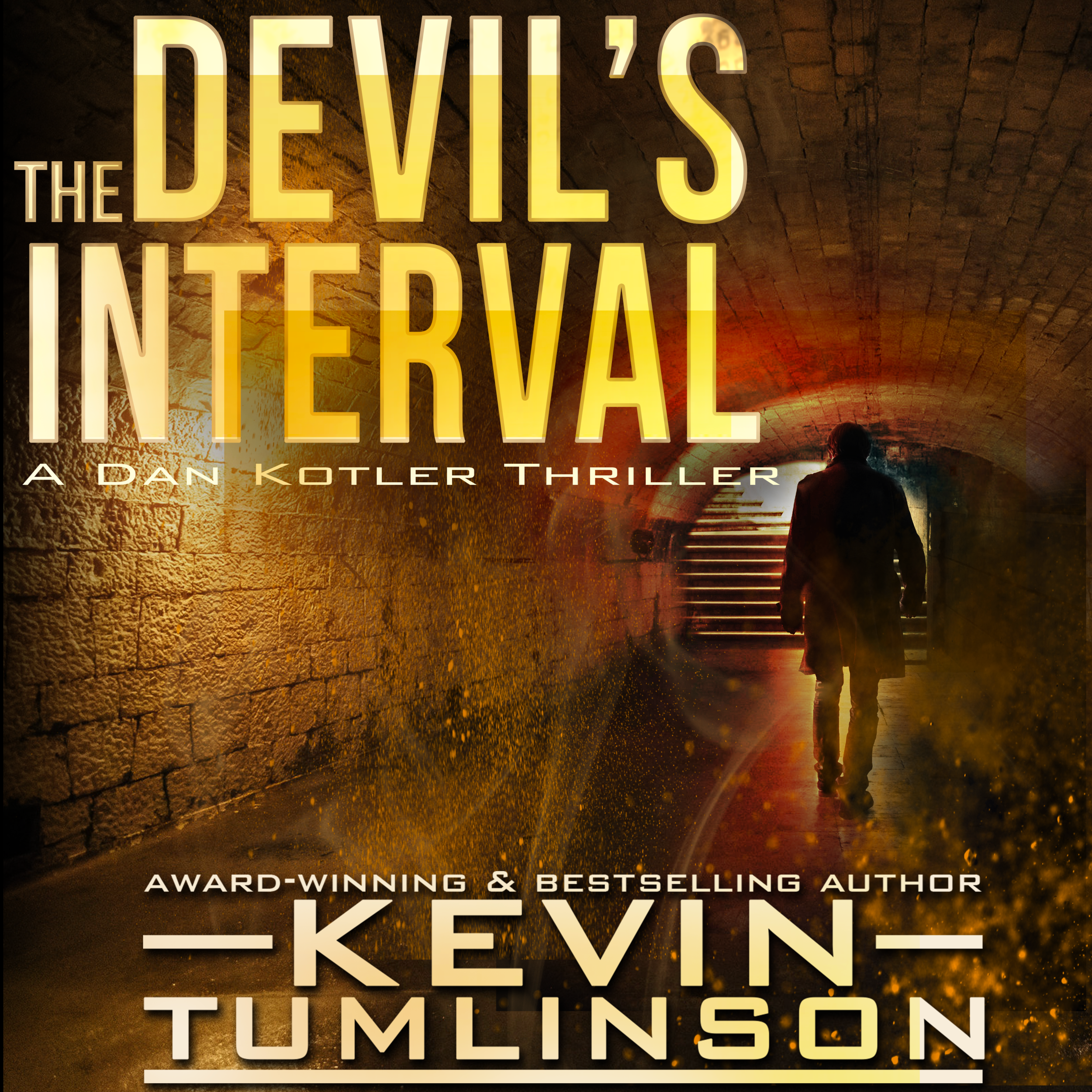There’s a quote that’s come up a lot for me lately:
“The best time to plant a tree was 20 years ago. The second best time is now.” —Chinese Proverb
It’s come up as I think about all aspects of my life—from finances to life goals. From investing to building to learning a skill, the best time is always “as early as possible.” And the lesson from that proverb above is, “Right now is always as early as possible.”
Don’t lament the time you lost. Yes, you should have started saving when you were a teenager. Yes, you should have put in the time to learn guitar when you were in college. Yes, you should have traveled when you didn’t have so many responsibilities. Those were the best times, if you wanted to reap the benefits right now.
But right now is also the best time. Start right now so that twenty years from now you aren’t lamenting what you did not do.
Easier said than done, for sure. But it’s also easier to start right now, to commit to doing the work right now, than it will be to play catch-up later.
When I was a kid, and right up into my 20s, I loved to draw. And I was pretty good at it—from a natural talent standpoint. I still have some of the drawings from when I was younger, and I think they show a lot of promise. Some are downright amazing, considering how little training I had and how little time I put in.
I loved drawing. I was particularly fond of comic book style art, and I wanted so very badly to get really good at that—I wanted to be able to draw like my comic book artist heroes, maybe even get a chance to work for Marvel Comics “some day.”
For some reason, though, I started slacking off on the drawing.
Part of it was the writing. Somewhere along the way I began gravitating toward putting words on the page, instead of art. I think I felt it was easier—and it was, I’ll admit.
I confess there were rough areas in my writing in those days (there still are... every skill is mastered over a lifetime). But my skill with writing was good enough to impress people, to win awards and scholarships, to land me dream jobs. I was a bit lazy about it, mostly about the editing, but I was talented. I rested on that talent for a long time.
Big mistake.
The thing is, talent very often is not enough. Not for achieving certain goals and dreams.
Resting on talent alone will lead you to a mediocre life.
The proof of this is that when I started writing and publishing, my books met with mostly lukewarm response. They were good, but the message I was getting from reviews and from friends willing to “go there” was, “These could be better, with a little more effort.”
I remember a time when I was asked by the Houston Chronicle to write a blog—something new and unusual at the time. I wrote. I brain dumped whatever was in my head, week after week, and left it for the masses to find and appreciate. And they did. The blog became popular, and I enjoyed some minor celebrity.
My friend David pointed out some typos and grammar gaffs in the posts, and to this I basically said, “Well, it’s good enough that people love it, and that I get paid for it. So why bother putting in so much extra time, making sure it’s perfect?”
To which he replied, “Just imagine what kind of reaction you’d get if you put more effort into it.”
That was a strike. It left an indelible mark on me. And though I continued to be a bit lazy about writing and editing, those words clung to me, haunting me.
Later, I became a copywriter for a big marketing agency. I was good. And I produced good work. But eventually, after a couple of years, I was pulled aside and told I was being let go.
“You’re good. But you just aren’t diligent about editing what you turn over.”
Ouch.
Another strike.
Years went by, I had other agency jobs, I worked as a copywriter in agency world and as a freelancer, and I even started winning awards and accolades for my work. But I was still lazy about it. Typos kept popping up, getting pointed out by clients, embarrassing me. And I kept making excuses. But I knew the truth—that typo was there because I hadn’t bothered to even go back and read and correct what I’d written. I wasn’t doing my best.
There’s a story from Jimmy Carter, about his days in the military. He was applying to be a part of the new nuclear submarine program, under Admiral Hyman Rickover. The Admiral had interviewed and grilled Carter for hours, covering every imaginable topic—from current events to literature to the nuances of serving as a Seaman.
Eventually Rickover asked Carter, “How did you stand in your class at the Naval Academy?”
Carter was proud of his time and accomplishments at the academy, and he boasted, “Sir, I stood fifty-ninth in a class of 820.” A stunning accomplishment, to be sure, and one that Carter had hoped would be the tipping point for getting an appointment in Rickover’s program.
Instead of praising Carter for his success, however, Rickover asked, “Did you do your best?”
Carter was on the verge of saying, “Yes, sir!” But stopped.
He remembered that at times he had not actually done his best. He had not been as committed to learning about strategy or weapons as he could have, he had not studied the enemies and allies of the United States the way he should have. Carter, wanting to be an honest man, even if it meant casting himself in a bad light, answered, “No, sir, I didn’t always do my best.”
The Admiral studied Carter for a long moment, then asked, “Why not?” And with that question he left the room. Interview over.
There are probably several lessons to learn from that exchange—the most obvious being “always do your best.” You owe that to yourself and to those depending on your or supporting you, to take seriously every responsibility that is on your shoulders, and to do the very best you can with it. That’s admirable, virtuous, and right.
There’s another lesson there, as well.
Carter was number 50 in a class of 820. My friend David would have said, “Imagine what your rank would have been if you’d put more effort into it.”
Just imagine.
So back to drawing...
Over the past few decades I’ve secretly held on to this dream, of being a comic book artist. I’ve envied artists who could pencil and ink a scene in incredible detail. I’ve felt that sting of “I wish I could have done that” when looking at stunning artwork. Regret. Lament.
I recently watched a video of an artist at work—something I often do, sort of a way to get close to a dream without actually taking the steps toward it. And in the video the guy was talking about how he got started in the business, but more importantly how he developed his amazing skill.
In the humblest way possible he said, “I just started drawing when I was a kid and I drew every single day, as much as I could, as much as life allowed.”
Every day. Hours and hours. He practiced his skill, learned new tricks, did it better, and eventually—mastered it.
And something about the way he said it clicked with me. It gelled with something I tell authors all the time.
When people ask me how I got to where I am, how I developed the skill to write as quickly as I do, and to produce as much work as I do, I say, “I started writing when I was a kid, and I did it every chance I got. I just wrote a lot—that’s the only secret. I wrote every single day.”
I still do. And over the years I’ve gotten far better, and I’ve learned new tricks. I’ve made a discipline of writing, and it’s paid off. I started far more than 20 years ago, so I have a nice little forest growing around me, with trees almost as old as I am.
So when that artist made essentially the same statement, it hit home.
I remembered the story about a virtuoso pianist, out for a night with friends, who sits at a bar piano and wows the crowd. One of his party said, “I’ve always wanted to play piano like that!”
“No you haven’t,” the pianist said in response.
Confused, the acquaintance asked what he meant.
“If you’d always wanted to play, you would have found a way to play. What you want is to have already mastered becoming a pianist, without having to put in the work.”
Similarly, there’s a quote that comes up in the writing world a lot:
”I hate writing, I love having written.” —Dorothy Parker
Almost every author who ever lived would rather have awoken with the sun to find that the story they envisioned was already typed up neat and pretty for them, from their mind to the page with no effort whatsoever. A fantasy that would rob that writer of the joy that comes after the hard work is done.
That has been me in a nutshell, with becoming a comic book artist, or a pianist, or a coder, or any number of things I’ve dreamt of. I’ve said, my whole life, “I want to do that.” I wanted the forest, but I didn’t want to do the work of planting the trees.
Two days ago I bought some art supplies—just basic stuff. Pencils, erasers, sharpener, art pad. And I started watching tutorials and following along. I’ve done some practice sketches, with the plan to track my progress daily. And I’m happy to realize that it didn’t take as much effort to knock the rust off as I’d feared. I’m doing pretty well.
I have a long way to go, but I’m happy with the progress. Because it is progress. Because I worked for it. I earned the reward of having drawn.
More importantly, I’ve made a commitment to keep doing this. I’m putting in the time, and I intend to do so every single day. It will at times be uncomfortable. It will at times be challenging to even drum up the effort to get to the page. But just like writing, the more I do it the more tricks I learn. Eventually I’ll have that muscle memory, and I’ll learn some go-to methods that solve little problems, in ways that will thrill me. I’ll keep learning from the pros, and eventually, I truly believe, I’ll gain the level of skill I want.
Actually, that’s important, so let’s rephrase and repeat:
I will gain exactly the level of skill I truly want at the price I’m willing to pay.
No more, no less. You get exactly as much out of life as the price you’re willing to pay.
So I could fail to become pro-level proficient as a comic book artist. I could decide the price to get to the level I dream of is too high. Which means I only wanted it to the level at which I dropped out.
Or I may get to a level that I deem “good enough,” and go no further. Which means that’s all I really wanted, and no more, and so any lament or regret I have about it is just wasted energy and wishful thinking.
Whatever it is you want in life, decide on the price you’re willing to pay, and pay it. You’ll move closer to your goal. And you’ll learn what the real price is. If you’re willing to pay that, you’ll go further. You’ll discover what it is you actually and truly want by the amount of effort you’re willing to put toward getting it.
But the time to start is right now. Because every new skill demands the cost of time, and that’s slowly running out for you, just as it is for everyone. Eventually you’ll reach a point where you come up short, and can’t pay. The only time in your life when it’s too late is that moment—the moment at which you’ve run out of time.
But the investment you make early compounds as you go. Everything you do toward your goal now will be multiplied as you get closer. Daily practice is a force multiplier. Put in the time. Start now.
See you in the forest.
YOU ARE READING SIDE NOTES
Side Notes is an extension of my Notes at the End, which are author’s notes that appear at the end of every one of my novels. If you like these posts, you’ll love the books.
If you’d like to support me (and see more posts like this) you can do me two favors: First, peruse my catalog of books and find something you’d like to read; and second, join my mailing list to become part of an amazing community of readers and friends I interact with regularly. Thank you for your support!


















